Recent highlights from Science in School Inspire article
Take another look at some of our favourite articles from recent issues of Science in School.
This issue highlights the EIROforum members, but we would also like to highlight some of our (and your) favourite articles from recent issues of Science in School.
Understand: Coronavirus: the science in brief
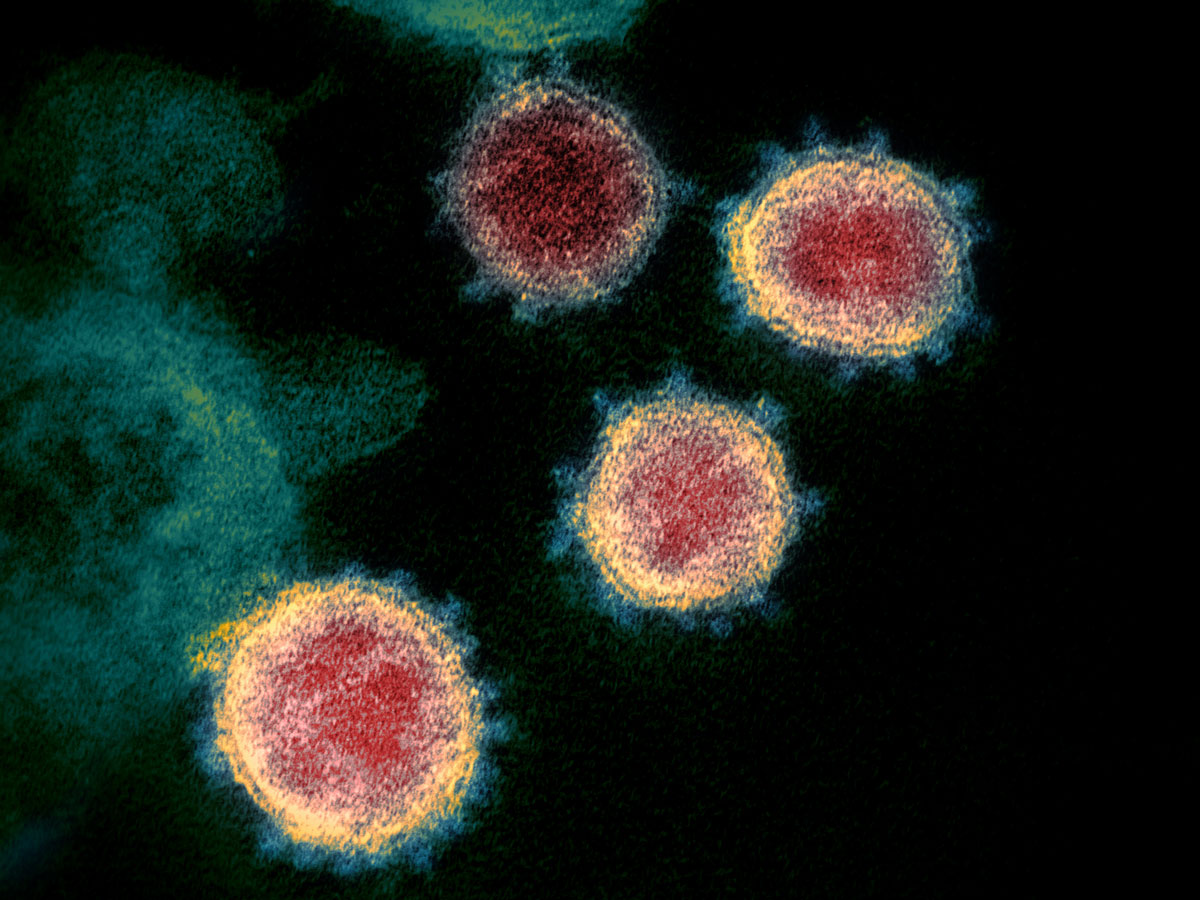
Have your students asked you about the COVID-19? Soon after the pandemic started, scientists from around the world started work to gather information about the virus and the disease, which enabled the development of effective vaccines in record time. This article clearly presents the science of COVID-19 and the virus that causes it, SARS-CoV-2.
Inspire: Soup – an evidence-based medicine?
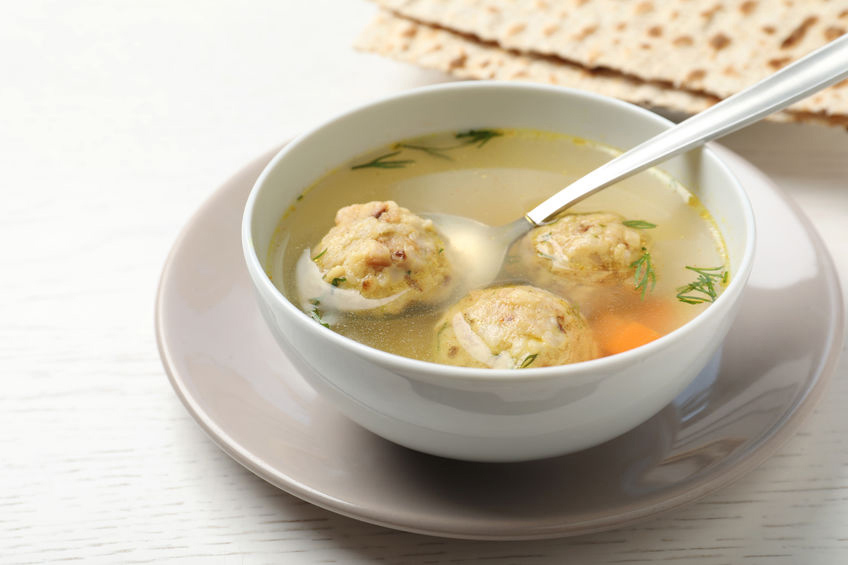
Can traditional remedies work as medicines, for example against malaria-causing parasites? Bioscientist Jake Baum tried to answer this question with the help of some school students from North London and their grannnies’ soup recipes.
Inspire: Science at home: distance learning with EMBL
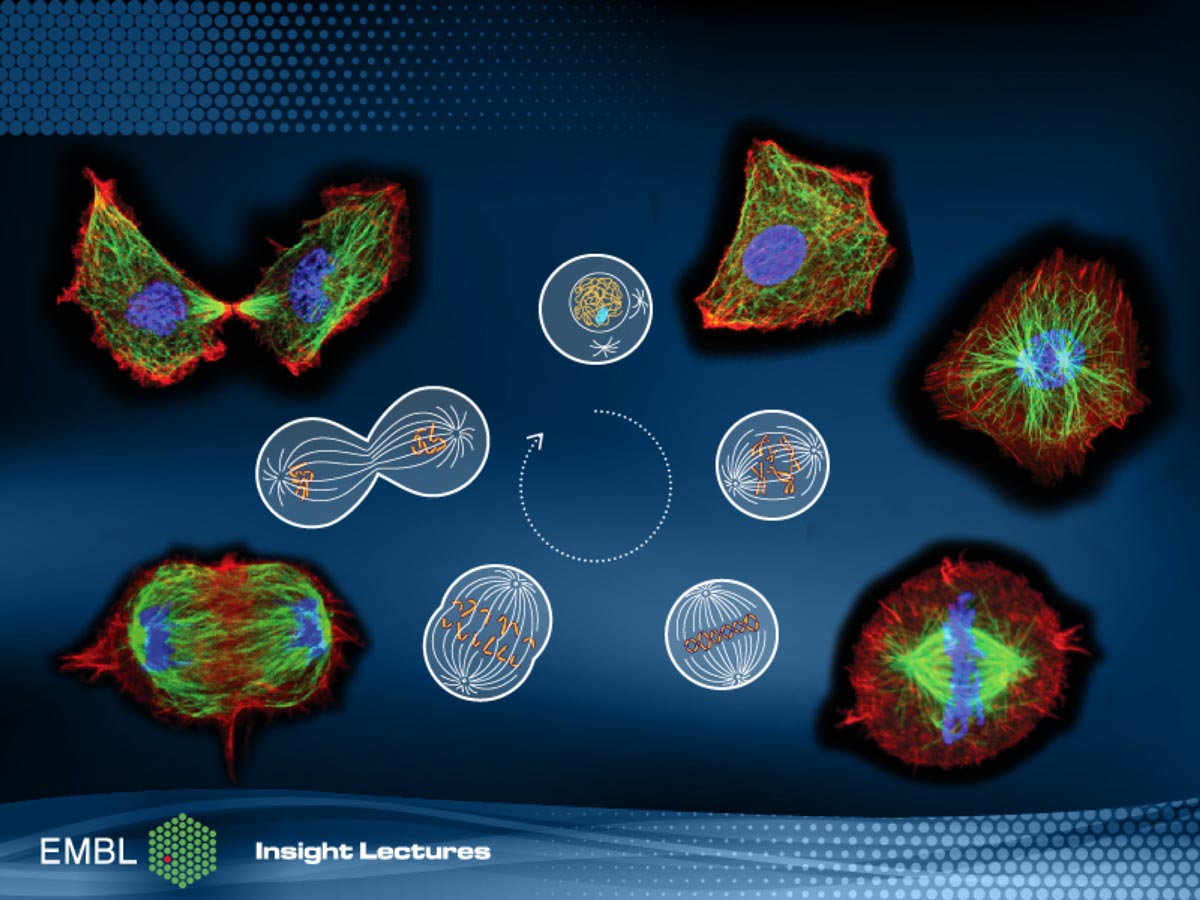
Are you looking for inspiration for remote teaching? Explore these online resources and ideas for kitchen experiments from European Learning Laboratory for the Life Sciences (ELLS), the education program of the European Molecular Biology Laboratory (EMBL).
Teach: Do you know your water footprint?

Last year prompted us to reflect on global issues and how we are all connected. Among these issues is a scarcity of freshwater. We’ve all heard of carbon footprints, but do your students know the water footprint of the foods they eat?
Teach: Are ‘superfoods’ really so super?
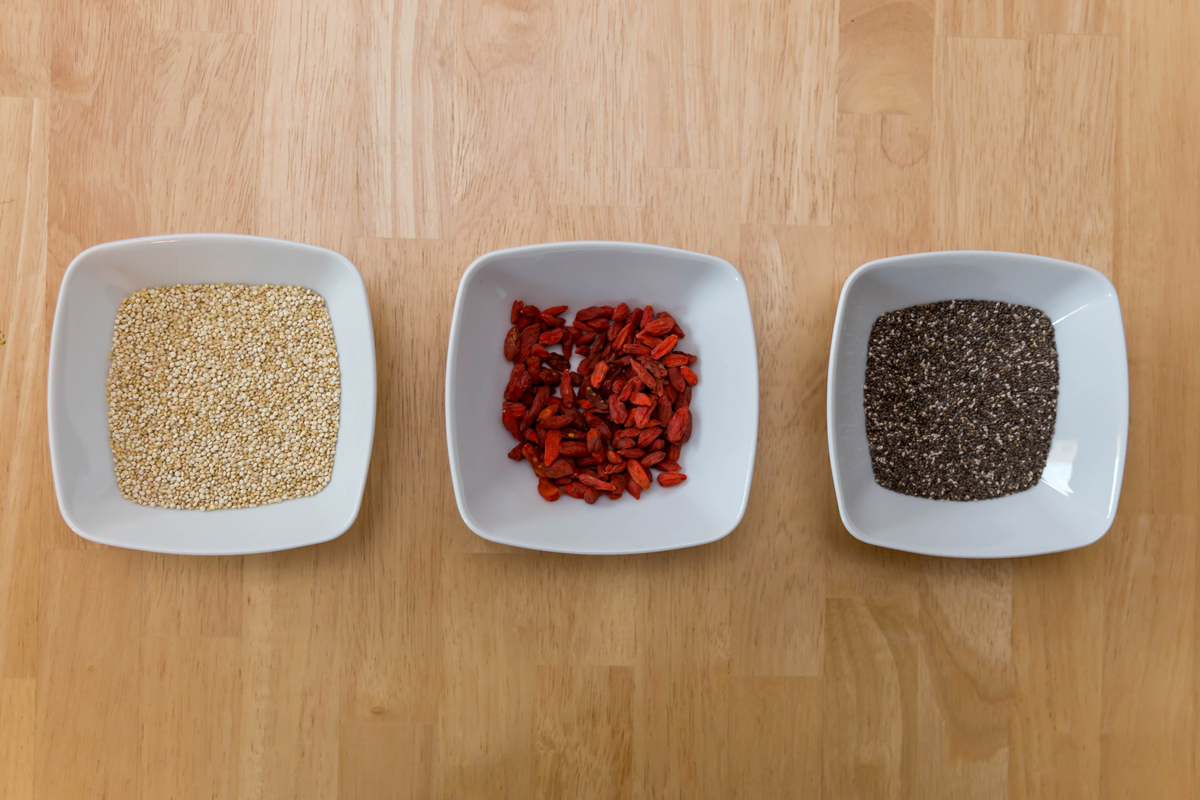
Goji berries and chia seeds are some of the ‘superfoods’ we’re encouraged to consume for better health. This article provides a series of experiments for your class to test whether claims made about superfoods stand up to scientific scrutiny.
Understand: How plants beat jet lag

Have you ever wondered how plants know what time of day or year it is? This article describes the internal ‘clocks’ that help plants respond to changing day–night cycles.
Understand: In their element: women of the periodic table
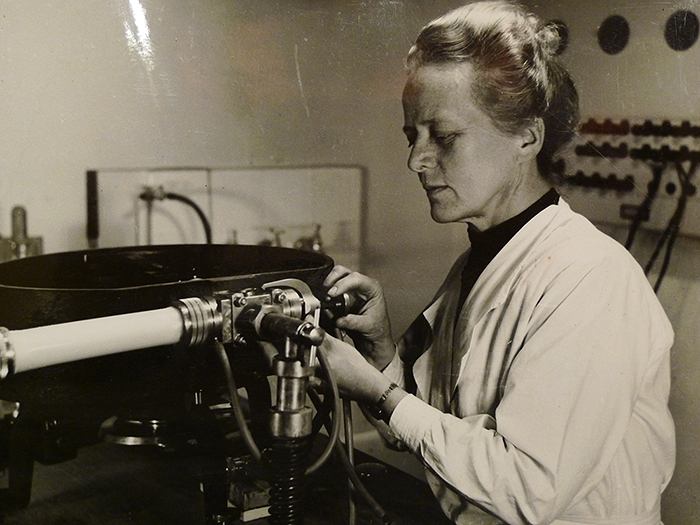
From the beginnings of modern chemistry to the study of radioactive elements, discover how women scientists have contributed to our knowledge of the chemical elements.
Understand: Ten things that affect our climate

Different interacting processes drive natural and human-induced climate change. This article explores ten of the most important factors that influence the global climate.
Teach: Rocket science made easy

Is ‘rocket science’ really so complicated? This article presents a set of fun experiments that help explain some of the key principles.
Teach: Colour, chlorophyll and chromatography
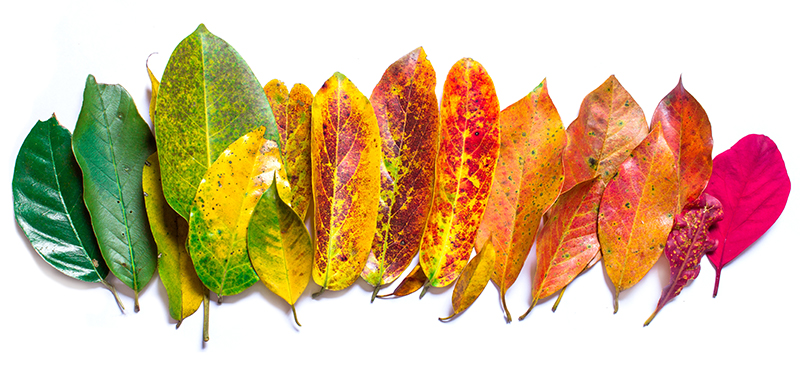
Combine chemistry and biology with these thin-layer chromatography experiments to explore the different pigments that give leaves their diverse colours.
How do you use our articles?
While we can see from web statistics which articles are the most popular, what they don’t tell us is how you actually use our articles: Which activities have you tried in the classroom? How did you adapt or extend them? Have any of our articles changed what you teach or how you teach it? It’s always great to have your feedback, so please email us at editor@scienceinschool.org or leave a comment at the end of this article.
Are your favourite articles available in your native language? If not, you could translate them yourself by joining our team of volunteer translators, and help make new articles available to more teachers across Europe.





